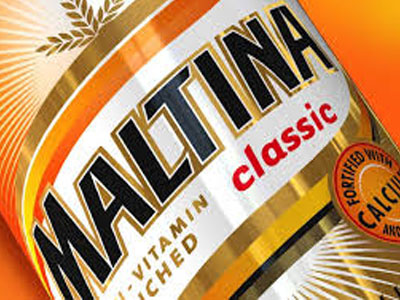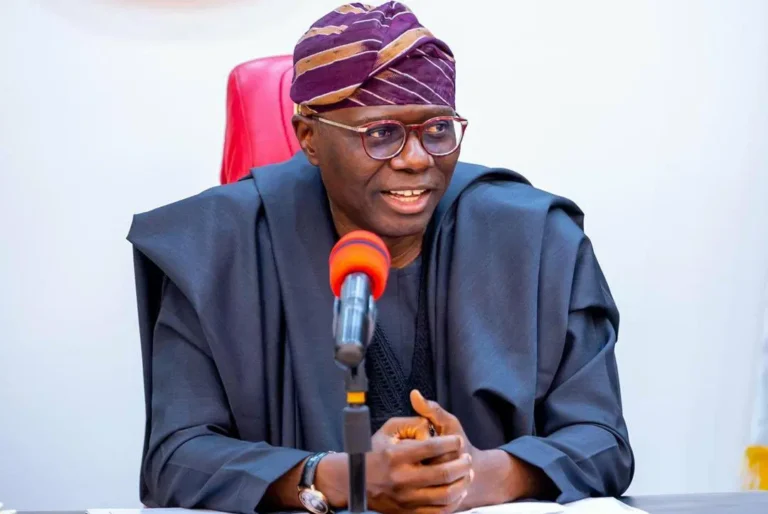
Aliko Dangote, chief executive officer of Dangote Group, gestures after signing a factory construction contract with Sinoma International Engineering Co. Ltd. in Lagos, Nigeria, on Wednesday, Aug. 26, 2015. Dangote Cement has expanded capacity five-fold in the last four years as the company invested outside its home market. Photographer: Tom Saater/Bloomberg
The Federal Government and crude oil producers in Nigeria have committed to working towards a sustainable supply of crude oil to local refineries under a market-determined pricing system.
Both parties said the aim of the commitment was to ensure that while the operators (crude oil producers) do business optimally, the refineries are not starved of feedstock.
Accordingly, the industry regulator, the Nigeria Upstream Petroleum Regulatory Commission has directed oil refiners in the country to provide monthly price quote on crude supply.
This came as the $20bn Dangote Petroleum Refinery is reportedly ramping up the importation of crude from the United States, Bloomberg reported on Thursday.
In a statement issued in Abuja on Thursday, Nigeria’s upstream regulator stated that oil producers under the umbrella of the Oil Producers Trade Section of the Lagos Chamber of Commerce and Industry, at a meeting called by NUPRC, agreed to concede to a framework that would be mutually beneficial with the aim of ensuring that local refineries are not strangulated due to off-the-curve prices.
“The focus of the meeting held at the instance of the Commission Chief Executive, Gbenga Komolafe, was on the status review of the Framework for Seamless Operationalisation of Domestic Crude Oil Supply Obligation Template.
“It was part of efforts to effectively implement key sections of the Petroleum Industry Act (PIA) 2021, especially the issue of pricing and crude supply to the domestic refineries,” the commission stated.
In the statement, Komolafe said President Bola Tinubu is fully committed to providing a level playing ground for producers and refiners to do business in the industry.
He expressed the need for a rule of engagement to ensure that the pricing model from the oil producers does not hinder the domestic refineries.
He directed producers and refiners to provide the NUPRC with cargo price quotes on crude supply and delivery for effective monitoring and regulation of transactions among parties. “We need to have the price quotes monthly,” he directed.
The NUPRC boss pointed out a convergence between the Domestic Crude Oil Supply Obligation and the nation’s energy security, indicating that his team is re-engineering its regulatory processes to address the challenges.
“We allow all our processes to be transparent. While the Federal Government targets the implementation of the regulation, all parties must submit to the rules of engagement as a guide for operation,” Komolafe stated.
He said NUPRC is committed to driving the willing buyer/willing seller provision.
“We have to discuss pricing, especially as parties have committed to respecting their domestic crude oil obligation. As the regulator, we don’t want the upstream sector to be operated sub-optimally through cost under-recovery.
“So, the regulator is very alive to that. In crude pricing we will never allow price strangulation to disincentivise our domestic refining capacity optimisation. The regulator does not support cost under-recovery in the upstream sector, and we will continue to work to ensure that crude supply profiteering as a negative factor that can strangulate our domestic refining capacity optimisation is disallowed,” Komolafe declared.
Dangote raises alarm
Last month, the Vice President of Oil and Gas at Dangote Industries Limited, Devakumar Edwin, had accused International Oil Companies in Nigeria of plans to frustrate the survival of the new Dangote Petroleum Refinery.
Edwin had said the IOCs were deliberately and willfully frustrating the refinery’s efforts to buy local crude by hiking the cost above the market price, thereby forcing the refinery to import crude from countries as far as the United States, with its attendant high costs.
“Recall that the NUPRC recently met with crude oil producers as well as refineries’ owners in Nigeria, in a bid to ensure full adherence to Domestic Crude Oil Supply Obligations as enunciated under section 109(2) of the Petroleum Industry Act. It seems that the IOCs’ objective is to ensure that our petroleum refinery fails. It is either they are deliberately asking for a ridiculous/humongous premium or they simply state that crude is not available.
“At some point, we paid $6 over and above the market price. This has forced us to reduce our output as well as import crude from countries as far as the US, increasing our cost of production. It appears that the objective of the IOCs is to ensure that Nigeria remains a country which exports crude oil and imports refined petroleum products.
“They (IOCs) are keen on exporting the raw materials to their home countries, creating employment and wealth for their countries, adding to their Gross Domestic Product, and dumping the expensive refined products into Nigeria – thus making us to be dependent on imported products. It is the same strategy the multinationals have been adopting in every commodity, making Nigeria and Sub-Saharan Africa to be facing unemployment and poverty, while they create wealth for themselves at our expense,” Edwin had stated.
But on Thursday NUPRC emphasised the imperative for appropriate pricing to drive willing buyer willing seller referencing guided Fiscal Oil Price published by the commission in line with the provisions of the PIA.
“NUPRC is committed to attracting the needed investments to boost upstream development and optimisation of our hydrocarbon resources just as we want sustainability of domestic energy supply in the midstream and downstream sector.”
Crude importation
Also on Thursday Bloomberg reported that Nigeria’s Dangote mega-refinery was ramping up the importation of crude oil from the United States, stating that the Lagos-based refinery had created a new flow of long-haul crude from the US, as inflows of American feedstock could be about to rise further.
The report stated that the Dangote mega-refinery was lapping up ever more US crude, bringing the barrels thousands of miles across the Atlantic ocean.
It stated that Dangote bought more than 16 million barrels of West Texas Intermediate crude oil so far this year, according to data compiled by Bloomberg.
In August and September, the proportion it will take from the US — as opposed to Nigerian barrels — may be set to rise, based on tenders for new supply seen by Bloomberg.
SOURCE: PUNCH




